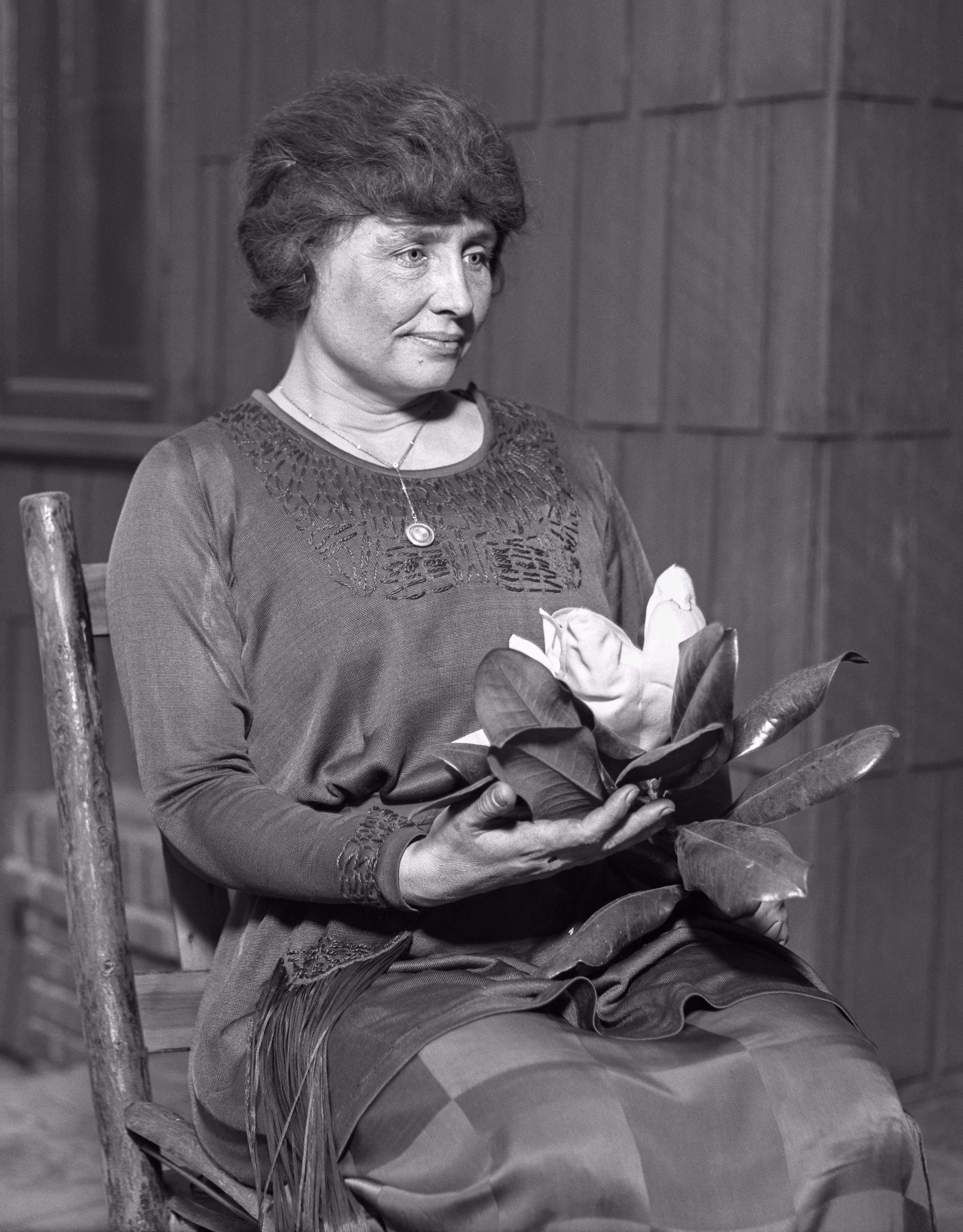Helen Keller híres idézetei
Helen Keller Motivációs idézetek
Helen Keller idézetek
Helen Keller: Idézetek angolul
"How I Became a Socialist", New York Call (3 November 1912)
was the wordless cry of my soul, and the light of love shone on me in that very hour.
Forrás: The Story of My Life (1903), Ch. 4
The Simplest Way to be Happy (1933)
Three Days to See (1933)
“Happiness is the final and perfect fruit of obedience to the laws of life.”
The Simplest Way to be Happy (1933)
What is the IWW? (1918)
Forrás: [What is the IWW?, Helen, Keller, https://www.marxists.org/reference/archive/keller-helen/works/1910s/18_01_x01.htm, 1918, January, December 27 2016]
“It all comes to this: the simplest way to be happy is to do good.”
The Simplest Way to be Happy (1933)
Physicians, The New Republic December, 18, 1915. http://www.uffl.org/vol16/gerdtz06.pdf
Out of the Dark (1913), To a Woman-Suffragist
“Tyranny cannot defeat the power of ideas.”
As quoted in the Fighting the Fires of Hate: America and the Nazi Book Burnings exhibit at the United States Holocaust Memorial Museum (13 April 2003) http://www.ushmm.org/museum/press/archives/detail.php?category=10-publicprograms&content=2003-04-13
Three Days to See (1933)
What is the IWW? (1918)
